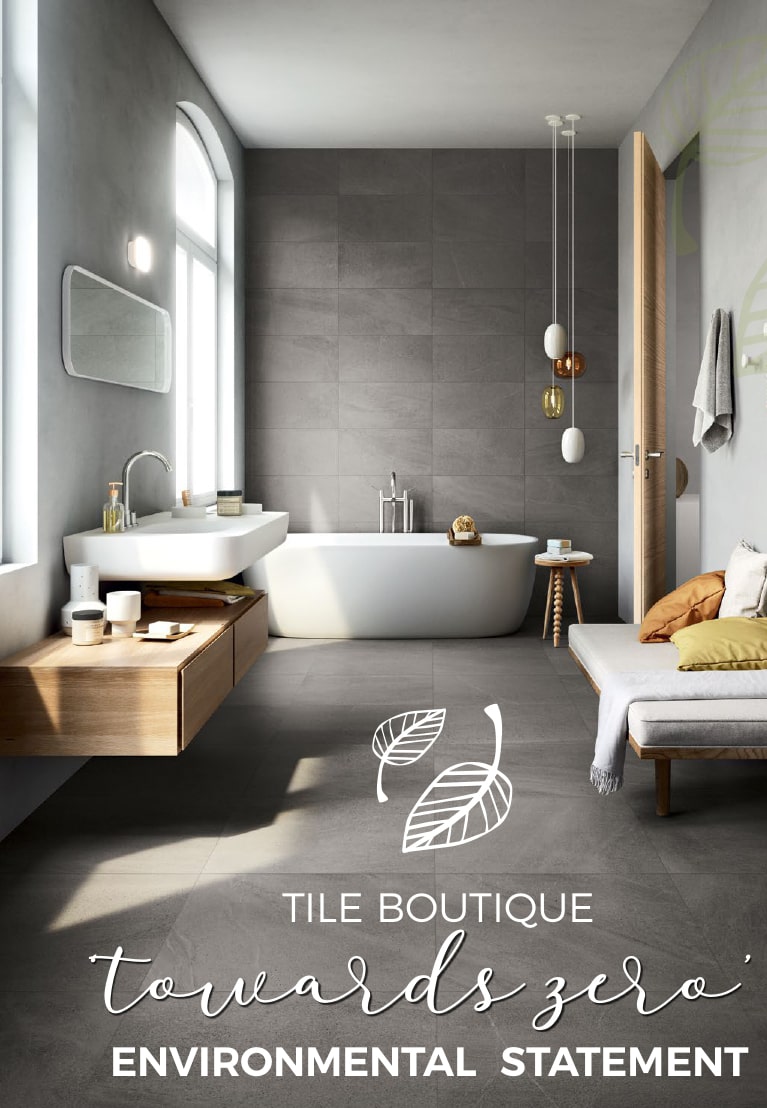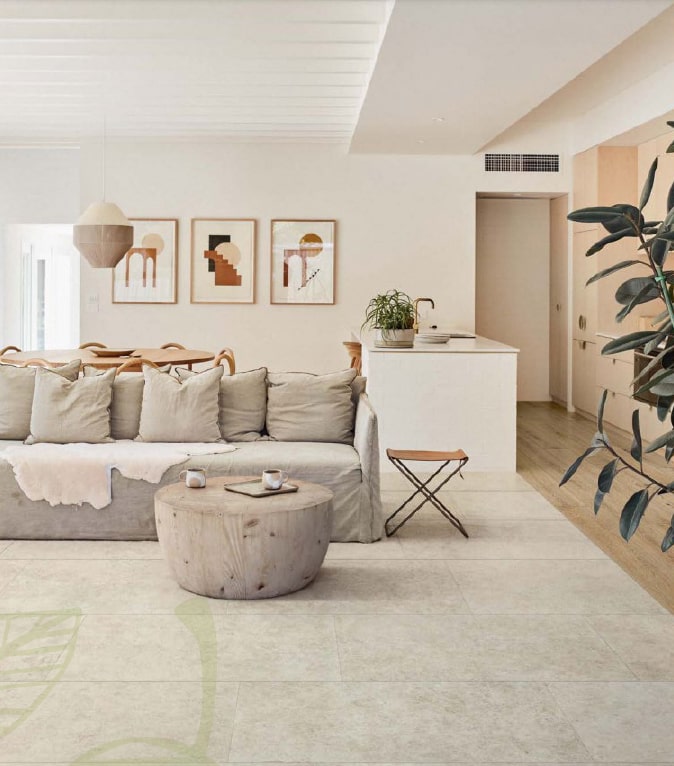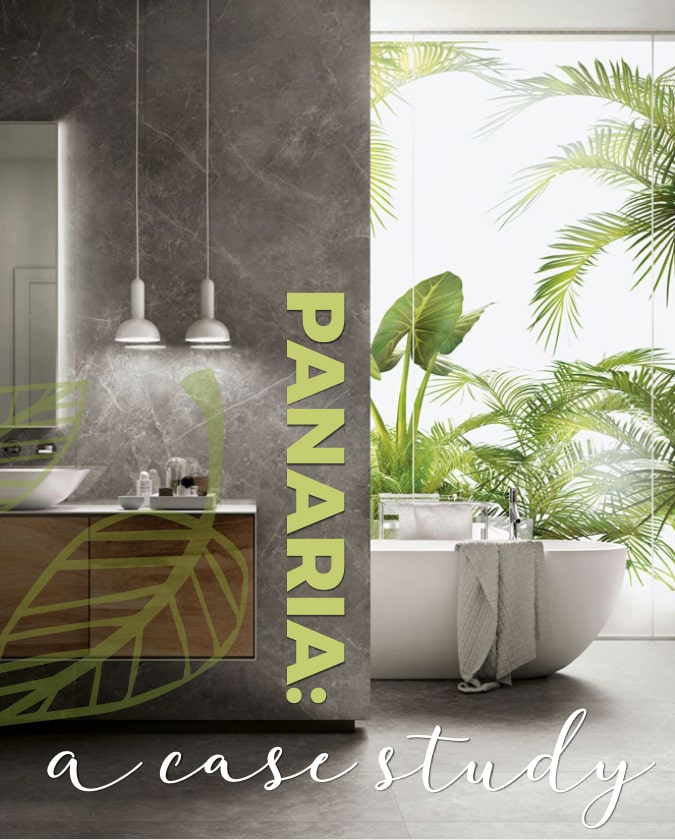Price :
QTY :
CART TOTALS :
There are items
in your cart
CART TOTALS :
Your shopping bag is empty
Go to the shopIN YEARS GONE by little thought was given to how things were made, the resources and practices in their production.
Now, as collective consciousness commands better standards in manufacturing, supply and distribution, businesses must make decisions beyond determined profitability in line with both legislative pressures and consumer demand.
Green initiatives have entered every facet of daily life from the foods we eat, the clothes we wear and the energy we consume.
Such choices are made in the now – as we live and breathe from minute-to-minute, day-to-day.
Some decisions can last a lifetime, decisions that can reverberate for years to come.
While the public focus of the green shift is on industries with more visible polluters and environmental impactors – such as transport, mining, energy and agriculture – other industries by their sheer scale also have very real consequences upon the earth and environment.
Building and construction represents a massive umbrella term for numerous sub-industries that in sum total have immense impact on a truly global scale.
Building and renovation materials have a place of permanence that can literally last centuries.
New ways of thinking about sustainability and environmental impacts in building materials and practices are at the fore.


At the outset, it begins with our suppliers.
Into the future, we require only the highest environmental standards from all our suppliers, and commit to furthering commercial relationships with those who demonstrate innovation in manufacturing, storage and distribution of their products.
Across TB showroom staff, we will initiate necessary training programs to ensure all employees are highly knowledgeable and literate in all aspects of supplier initiatives and product information to deliver personal surety to our customers that all TB lines are not only sustainable but actually work to reduce impacts across the entire supply chain.
TO SOURCE
TO RESOURCE
As technology and manufacturing processes both improve over time, innovation in born.
A recent trend among key suppliers including Italian producer Panaria and key TB tile partner is ultra-thin ceramic finishing options.
With modern composition and firing techniques ultra- thin tiles have no discernible impact upon the look and feel – or quality and durability - but have inherent qualities with a range of immediate positive environmental impacts, including a drastic reduction in energy, materials and resources used to produce each unit, in packaging materials and in storage space and freight resources, transport costs and associated pollution.
Panaria go further, stating though their ultra-thin ceramic slabs are born sustainable they weren’t satisfied in the goal toward net-zero so they have worked to reduce CO2 emissions generated in production as much as possible to compensate for the residual ones.
Thus they have created ultra-thin slabs with 100% compensated CO2: the most sustainable ceramic surface in the world!
Furthermore, the design of the ultra-thin slabs affords a sustainable renewal of spaces, where a floating installation process free of any glue means that they can be removed and reused.
While many other producers have similar initiatives, Panaria showcases a forward-thinking company ahead of legislative frameworks that is listening to what consumers demand in their choices in 2023 and beyond.
These are the characteristics TB looks for in our suppliers, and indeed the characteristics we instil in our own company ethos in rapidly changing social, economic and political frameworks surrounding environmental health and wellbeing.
